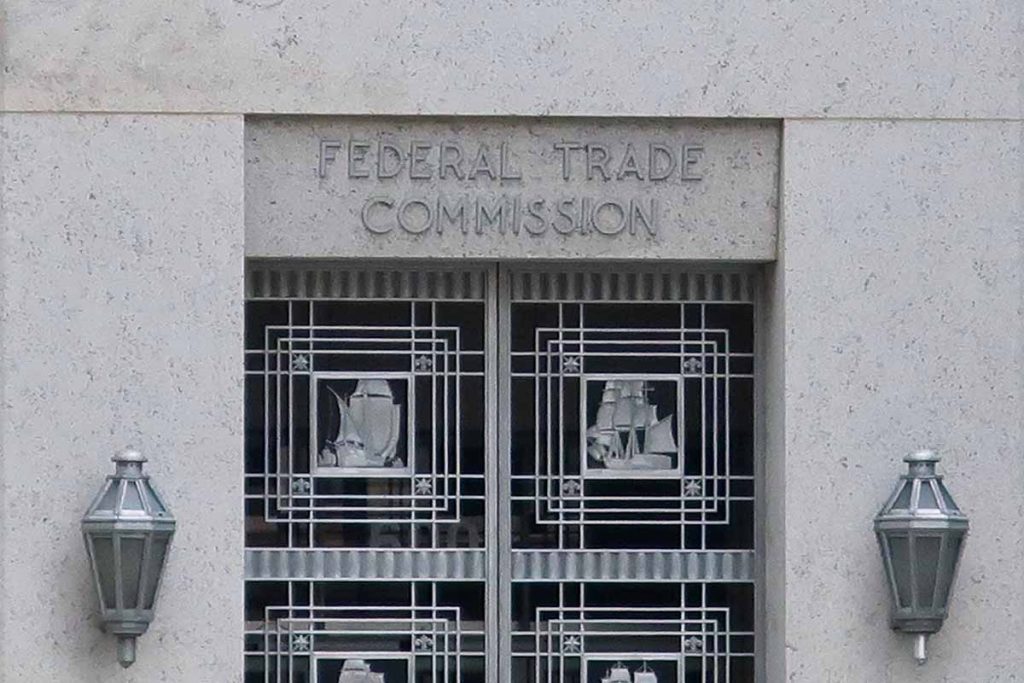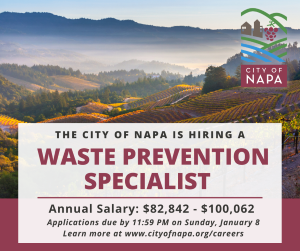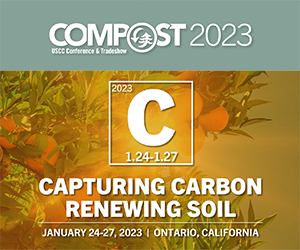
The commission voted 4-0 to publish a notice in the Federal Register to begin a 60-day public comment period. That notice is expected to be published in mid-January of 2023. | DCStockPhotography/Shutterstock
Companies making deceptive sustainability claims distort the market for environmentally friendly products and “hurt honest companies who are bearing the costs of green business practices,” the chair of the FTC said recently.
The comment from Federal Trade Commission (FTC) Chair Lina Khan came as the federal agency formally kicked off the process of updating the decade-old Guides for the Use of Environmental Marketing Claims, otherwise known as the Green Guides. That process will involve soliciting comments from packaging and recycling industry stakeholders.
“As we’ve heard, many Americans want to know about the environmental impact of the products they’re looking to buy, and businesses, as a result, are routinely making claims about the sustainability or carbon footprint of their products and manufacturing,” Khan noted during the public meeting held Dec. 14.
“But for the average consumer, it’s really impossible to be verifying these claims,” she added. “And so it’s critical that businesses are making truthful claims and representations.”
The Green Guides cover a lot more than just recycling, also touching on claims about general environmental benefits, compostability, ozone impacts, carbon offsets, the use of healthy ingredients (such as “free of” and “nontoxic” claims), manufacturing with renewable energy and more. For recycling, they discuss when and how marketers should make claims about recyclability and recycled content.
In a press release, the FTC said it expects to get an earful on both of those recycling-related topics, as well as claims about compostability.
In a separate statement she issued after the meeting, Khan pointed to concerns about plastics recycling in particular. “Recent reports suggest that many plastics that consumers believe they’re recycling actually end up in landfills,” she said. “One question, then, is whether claims that a product is recyclable should reflect where a product ultimately ends up, not just whether it gets picked up from the curb.”
Green Guides are not laws, themselves, but, as Khan noted, they’re administrative interpretations of the FTC Act as applied to environmental claims. The FTC retains the authority to go after companies for violating Section 5 of the FTC Act with their unfair or deceptive practices. The Green Guides are intended to help companies avoid running afoul of the law.

Lina Khan, FTC Chair
At the Dec. 14 hearing, Khan pointed to the need to keep the document current. “There’s no doubt that to be effective, these guides have to keep pace with developments in both science and consumer perception,” she said.
Other commissioners spoke in favor of updating the Green Guides, although none went into specifics about desired language.
The commission voted 4-0 to publish a notice in the Federal Register to begin a 60-day public comment period. That notice is expected to be published in mid-January of 2023.
Already, one industry group has issued a statement urging FTC staff to consider specific changes.
The Association of Plastic Recyclers (APR) on Dec. 15 issued a statement urging the FTC to provide clear guidance on the terms “recyclable” and “recycled content.” (APR owns Resource Recycling, Inc.)
Currently, the Green Guides greenlight the use of unqualified “recyclable” claims only if the product or packaging type in question is accepted by recycling facilities serving a substantial majority of consumers or communities where the item is sold, with “substantial majority” defined as 60% or more.
In his statement, Steve Alexander, president and CEO of APR, supported retaining the substantial majority requirement related to unqualified claims. “At the same time, APR recommends that the Green Guides reflect ongoing investment and research by differentiating between those products that could be recyclable at scale and are on the path to meeting performance requirements, and those products that are not recyclable at scale and have no pathway to get there,” he said.
APR also weighed in on “recycled content” claims, arguing that unqualified claims of recycled content only be allowed in cases where the entire packaging or product (not counting minor, incidental components) is made with post-consumer resin.
“The FTC should not allow unqualified claims that products are recycled if they are made from ‘post-industrial’ material – manufacturing scraps or byproduct – or if the claim is based on ‘mass balance’ calculation,” Alexander said.
More stories about regulation/oversight
- Lawmakers discuss federal role in plastic recycling
- Carton recycling access updated on CalRecycle report
- Closed Loop report shows results of state bag bans



